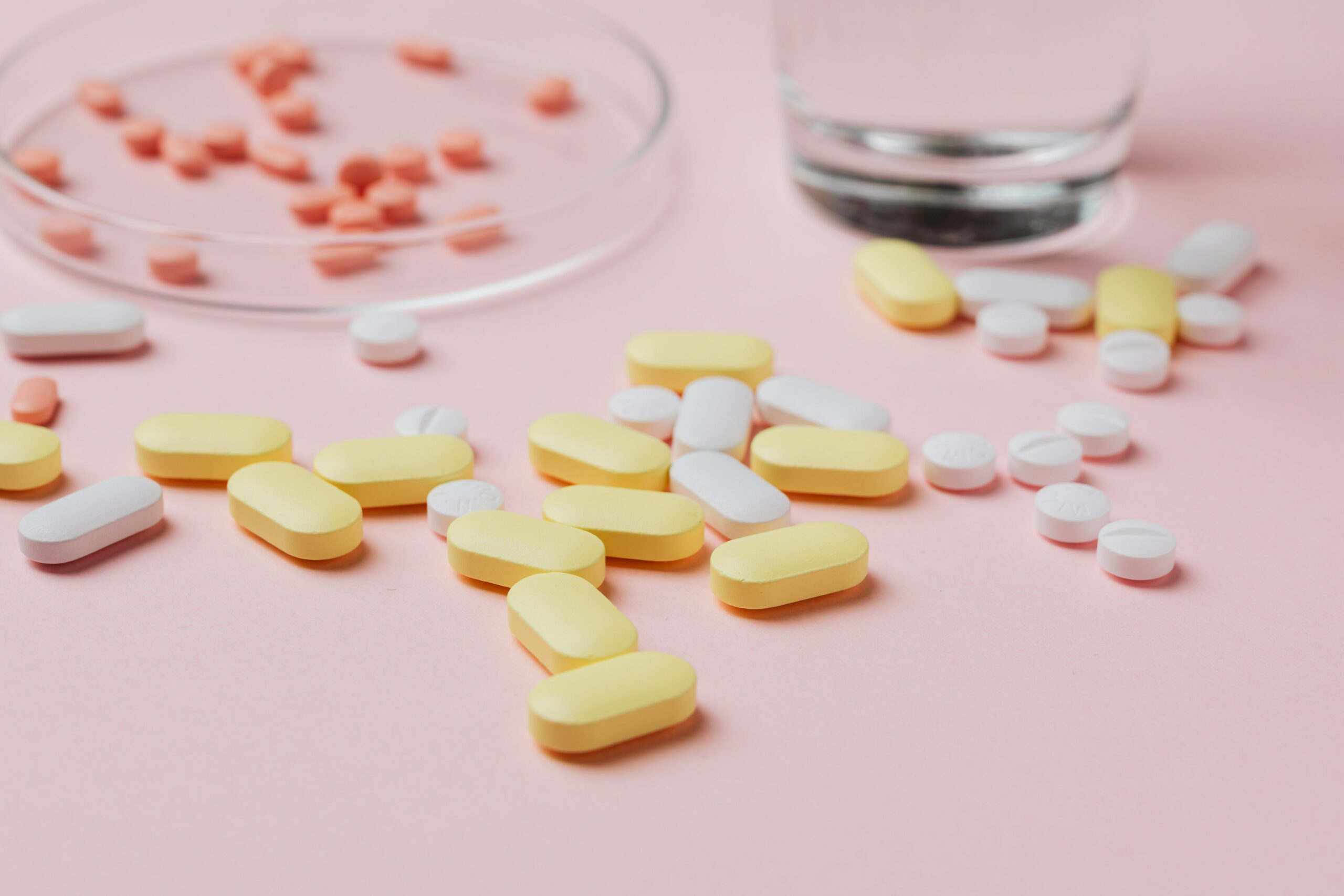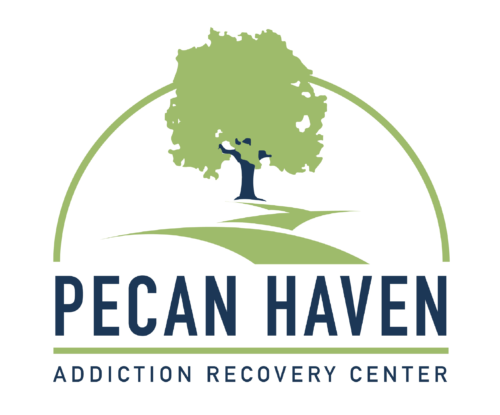Statistically, most of us have probably either personally experienced addiction or know a close loved one who has. It’s a serious problem without a simple solution, and anyone who’s experienced it at all knows how much heartache and personal struggle it can cause.
There’s a pervasive myth that people who are addicted to drugs are morally wrong, or “bad”. The truth is that addiction doesn’t discriminate; it can happen to anyone.
But what causes addiction?
There isn’t a simple answer to the question of what makes people become addicted to substances, but it can generally be explained by a number of factors.
Some of these factors are based on childhood experiences– it seems that people who have experienced trauma, abuse or neglect during their early years might be more likely to use and abuse substances when they get older.
Genetics might also play a role. People who have a close family member who struggles with addiction are more likely to struggle with it themselves.
Mental health can also play a major role, since mental health issues can be genetic as well.
Ultimately, though, the main reason why people become addicted to substances comes down to chemicals.
People who have had adverse childhood experiences or mental health disorders might be lacking in dopamine. Using certain substances activates the brain’s pleasure and reward centers, producing dopamine– often very intensely.
If someone’s naturally lacking in dopamine, they will naturally pursue doing something that makes them feel “better”.
Over time, the brain of someone who’s addicted to substances will produce less dopamine, which means that they start to depend on substances to feel good.
Why don’t people simply stay away from drugs?
We all grew up experiencing anti-drug campaigns of all kinds. “Just Say No” is great in theory, but it’s not that simple. Even people who personally witness a loved one’s struggle with addiction are susceptible to becoming addicted to substances themselves.

So what makes people use drugs for the first time?
Peer pressure is a major factor that’s often discussed during anti-drug campaigns.
Especially for teenagers and younger people desperately seeking the approval of their peers, “just saying no” isn’t that easy– and if someone feels like they might be rejected if they don’t go along with their friends, they’re probably going to say yes.
Some drugs also seem to offer promises of heightened productivity and energy, and for people who live fast-paced lifestyles, having more energy to get things done can be irresistible.
Stimulant drugs, like cocaine, methamphetamine, or prescription drugs like those used for treating ADHD, are highly addictive because of the initial increase in energy and dopamine.
On the opposite end of the spectrum, depressant drugs like alcohol, benzodiazepines, and opiates can reduce anxiety while increasing those feel-good chemicals– and someone struggling with depression or anxiety might find this to be irresistible, too.
What do I do if I can’t quit using drugs?
If you or a loved one are struggling with addiction or substance abuse, know that things can get better. Seeking treatment is a great way to get your life back on track!
At Pecan Haven, we’re dedicated to helping you get started on your personal journey to recovery. If you’ve got questions about how it works, don’t hesitate to give us a call– and if you think it’s time to seek help, please fill out our online assessment to get started.
